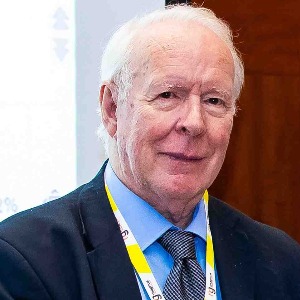Regenerative Endodontics
Regenerative Endodontics is a relatively new breakthrough in dental science which has enabled root canals to be carried out without the need to remove a large portion of a tooth. Conventional root canal treatments require dentists to remove the pulp and nerve of a tooth, along with a large portion of the tooth in order to sterilize it and avoid possible infection. This treatment leads to weakened teeth, and eventually the potential for tooth loss. Regenerative Endodontics utilizes more modern techniques and technologies to repair a diseased tooth while maintaining its integrity. By utilizing advanced techniques such as laser treatments, stem cells injections, special medicaments, and bioceramic products, dentists are able to protect and repair a patient’s tooth without destroying large portions of the tooth in the process. This leads to a much stronger tooth with greater immunity to potential infection and decay. Regenerative Endodontics also helps to preserve surrounding bone around a tooth. During the process of traditional root canals, dentists must drill into the tooth and the surrounding bone. Due to the precision used in Regenerative Endodontics, drilling is not necessary and the surrounding bone is left untouched. This further leads to a stronger and stronger tooth with prolonged protection against infection. Regenerative Endodontics also helps to improve the quality of oral health. By preserving a patient’s natural teeth, it reduces the need for complex restorative functions such as dental implants. This ultimately leads to a better long-term prognosis for oral health in general. Through the use of Regenerative Endodontics, a patient’s natural teeth can ultimately last longer and improve the overall quality of their oral health. The emergence of Regenerative Endodontics has revolutionized the way that dentists are able to treat root canal patients. Its modern techniques and technologies help to preserve the health, integrity, and longevity of patient’s teeth, resulting in improved oral health and a better quality of care overall.

David Geoffrey Gillam
Queen Mary University of London, United Kingdom
Christopher Turner
Spacemark Dental, United Kingdom




Title : Evaluating hygienist follow up for head and neck oncology patients in secondary care: Results from a two cycle audit
Peter Basta, Newcastle Dental Hospital, United Kingdom
Title : Atypical facial pain unravelled
Christopher Turner, Spacemark Dental, United Kingdom
Title : New treatment of temporomandibular disorder through muscle balance and muscle regeneration by activation of quiescent muscle stem cells( satellite cells) with mitochondrial dynamics
Ki Ji Lee, National Reserach Foundation & Busan Medical University, Korea, Republic of
Title : MRONJ and ORN: Referral or management in primary care? Navigating guidelines in the context of long waiting lists
Alisha Sagar, NHS England, United Kingdom
Title : Managing the unexpected: An Insight into supernumerary teeth
Bahar Gharooni Dowrani, Guy's and St Thomas' NHS Foundation Trust, United Kingdom
Title : Laxative prescribing for post operative head and neck cancer patients at Derriford Hospital
Pui Sze Kylie Li, Cardiff and Vale University Health Board, United Kingdom